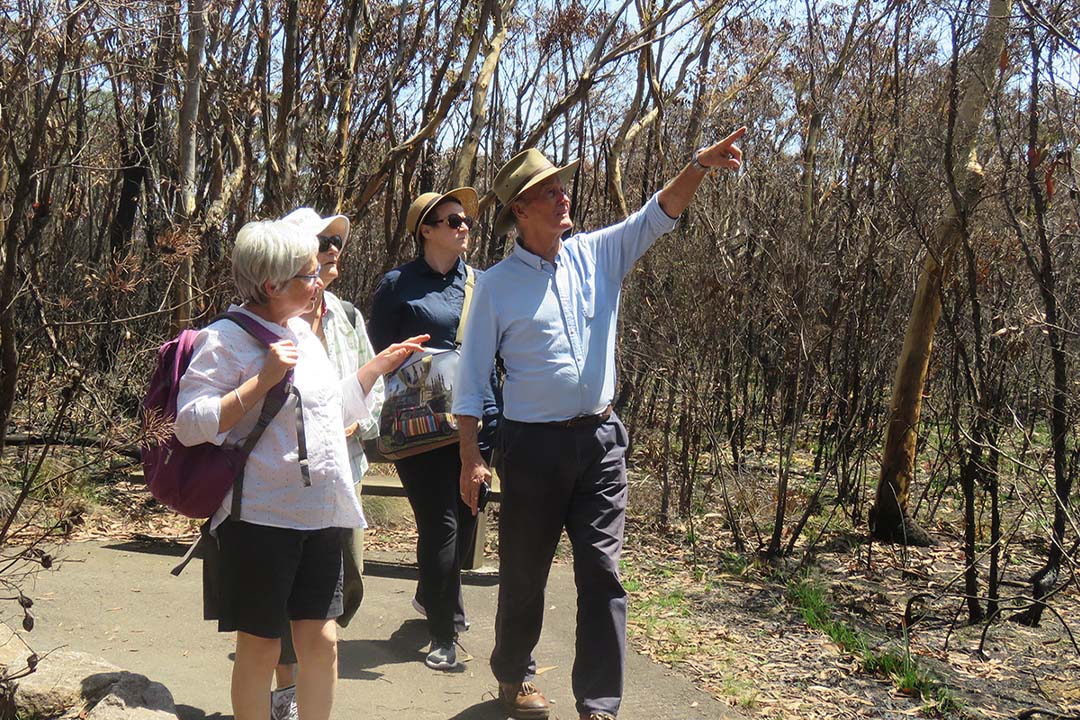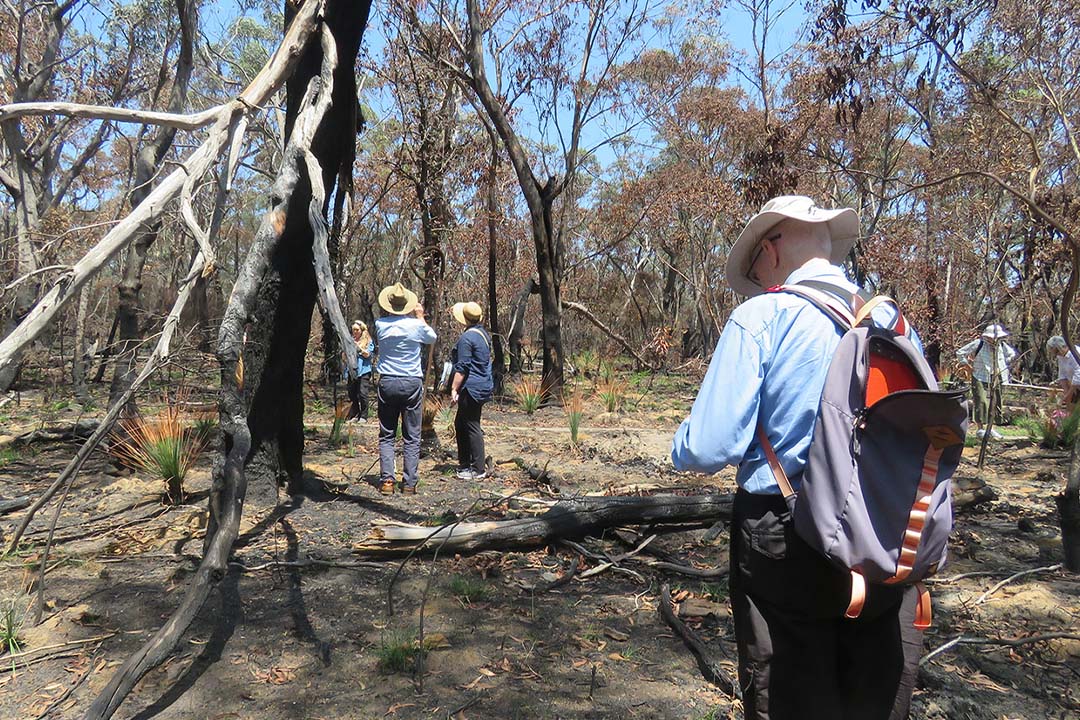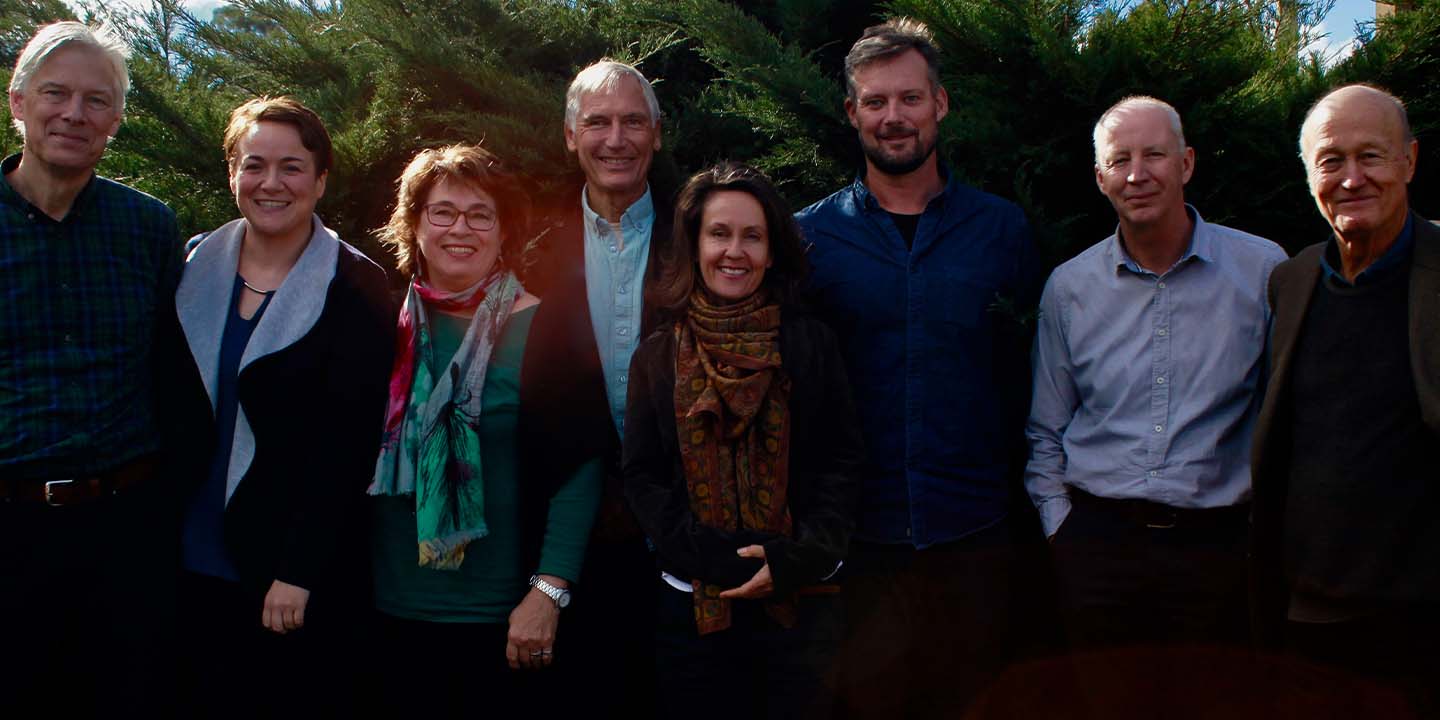02.06.2022
Peter and Luise Hager Foundation: helping to research wildfires
Australia’s Greater Blue Mountains World Heritage Area covers more than one million hectares of impressive landscape with a unique diversity of animals and plants - first and foremost the eucalyptus. The nature reserve is a recreational haven for more than five million visitors every year and provides the Sydney region with clean air and water.
Since 2019, wildfires have destroyed large parts of the area and subsequent flooding has made the situation worse: many ecosystems will take years, if not decades, to recover.
Sustainable help
Wishing to contribute to research into and prevention of wildfires, the Peter and Luise Hager Foundation has been supporting the Blue Mountains World Heritage Institute. An NGO that does more than just reforestation, it conducts research and shares the results worldwide as a member of the International Union for the Conservation of Nature (IUCN) as a contribution to the sustainable protection of the environment with practical strategies. Since the statutes of the Peter and Luise Hager Foundation include supporting "sustainable environmental protection" such funding is a perfect fit.
Using the funds, the Blue Mountains World Heritage Institute team is working to assess and repair the damage to flora and fauna in the Greater Blue Mountains World Heritage Area. It continues to develop and expand monitoring measures: Photo and infrared cameras regularly take pictures of the flora and fauna including the swamps. Dr. John Merson, director of the institute, works with local experts for this and uses current technologies and processes that provide reliable results.

Analyses for nature conservation in the future
By comparing the images, it is possible to see what has changed in the landscape, the population of wildlife and the vegetation. This expert analysis is crucial for understanding how wildfires affect entire ecosystems.

Among other things the research results in early warning systems and measures that can prevent or mitigate future extreme events. Through international exchange, the research results protect ecosystems around the world.
Learn more about the Peter und Luise Hager Foundation programme.

